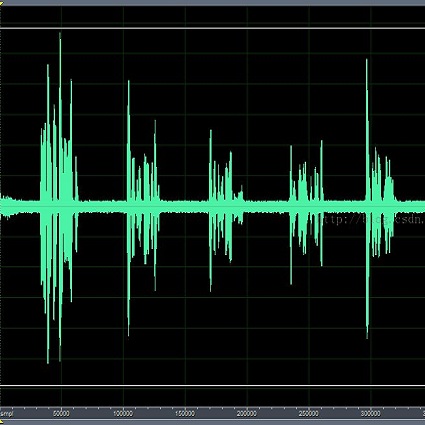Personalized speech enhancement (PSE) models utilize additional cues, such as speaker embeddings like d-vectors, to remove background noise and interfering speech in real-time and thus improve the speech quality of online video conferencing systems for various acoustic scenarios. In this work, we propose two neural networks for PSE that achieve superior performance to the previously proposed VoiceFilter. In addition, we create test sets that capture a variety of scenarios that users can encounter during video conferencing. Furthermore, we propose a new metric to measure the target speaker over-suppression (TSOS) problem, which was not sufficiently investigated before despite its critical importance in deployment. Besides, we propose multi-task training with a speech recognition back-end. Our results show that the proposed models can yield better speech recognition accuracy, speech intelligibility, and perceptual quality than the baseline models, and the multi-task training can alleviate the TSOS issue in addition to improving the speech recognition accuracy.
翻译:个人化语音增强模式利用更多提示,如D-矢量器等语音嵌入器,实时消除背景噪音和干扰性语音,从而改进各种声学情景在线视频会议系统的语音质量。在这项工作中,我们提议PSE有两个神经网络,其性能优于先前提议的语音过滤器。此外,我们创建测试组,记录用户在视频会议期间可能遇到的各种情景。此外,我们提议采用新的计量标准,衡量目标发言者超压问题,尽管在部署中至关重要,但此前尚未对此问题进行充分调查。此外,我们提议以语音识别后端进行多任务培训。我们的结果显示,拟议的模型可以产生比基线模型更好的语音识别准确性、语音不易感知性和感官质量,而多任务培训除了提高语音识别的准确性外,还可以缓解TSOS问题。




